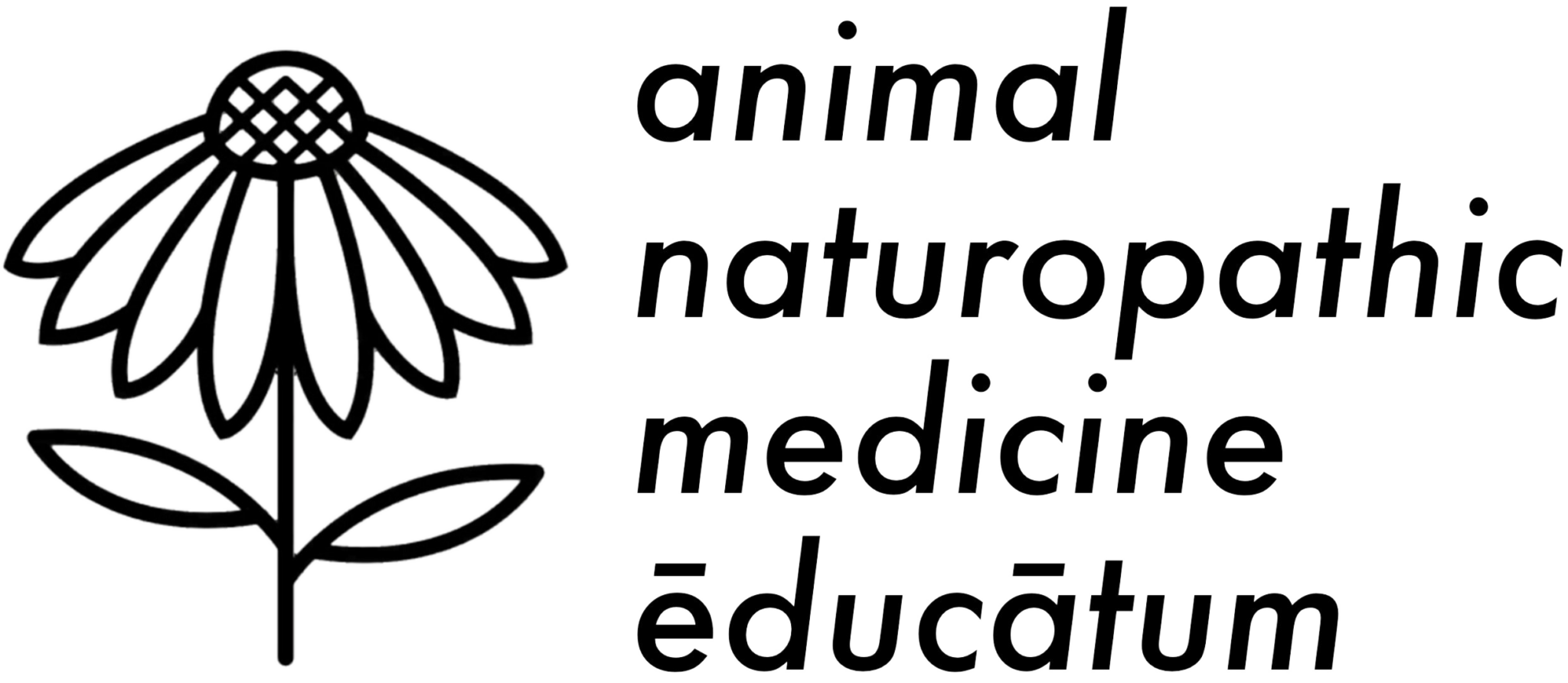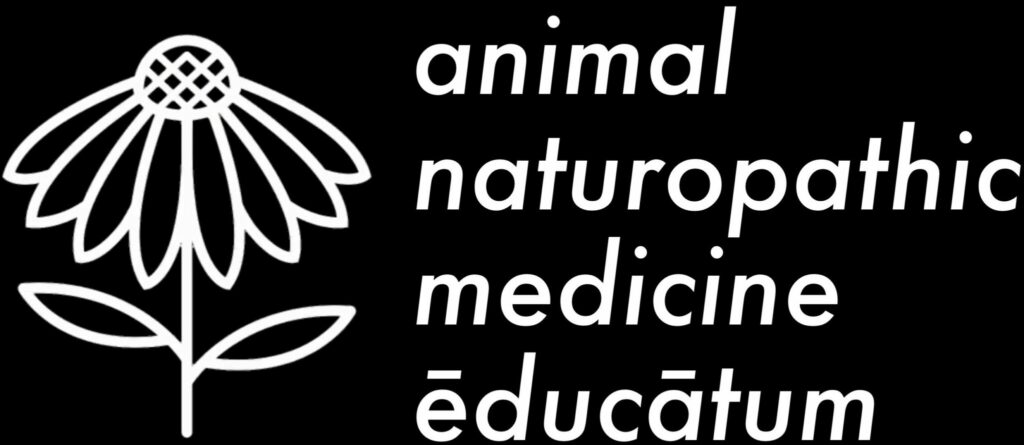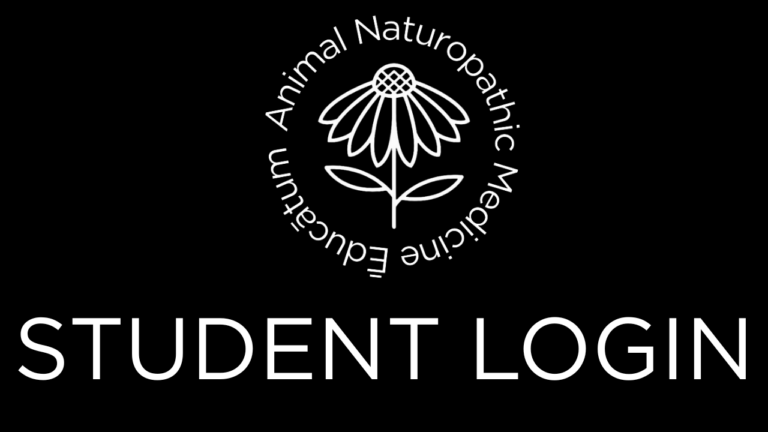Why are Companion Pet Nutritionists needed?
Ashlie Williamson, Lecturer
“The food you eat can be either the safest and most powerful form of medicine or the slowest form of poison.”
― Ann Wigmore, 1985 (holistic health practitioner, naturopath and raw food advocate)
A favourite quote of mine and one of the best summaries of the Naturopathic Medicine philosophy I think there is. So, what does this quote mean? It means that what you put into your body can either aid in creating a healthy, energetic life or the food you eat can be the slowest way to feed disease and rob the body of vitality.
A healthy diet throughout life promotes healthy pregnancy outcomes, supports normal growth and hormone development, helps to maintain a healthy body weight, and reduces the risk of chronic disease leading to overall health and well-being for the animal.
Nutrients can be described as the chemical components of food and can be classified into six broad groups: proteins, fats, carbohydrates, vitamins, minerals and water. Water is not technically a nutrient, but it is essential for the utilisation of nutrients for dogs and cats. Nutrients perform various functions within the body, including energy provision and maintaining vital processes such as digestion, breathing, growth, behaviour and development.
It is critical that nutrients within a dog or cats’ body are available in sufficient amounts and in the right proportions. This can be achieved by feeding a balanced diet. We must try to supply a variety of foods, since different foods contain different nutrients in varying amounts. In stressing the importance of variety in the diet of dogs and cats, means to also supply them in adequate amounts right for the bred, age and size of the dog or cat.
This may appear impossible at first thought, but in reality can easily be attained by feeding a diet that is biologically appropriate. As this is a diet that the dog or cat has been evolutionarily designed to thrive on.



